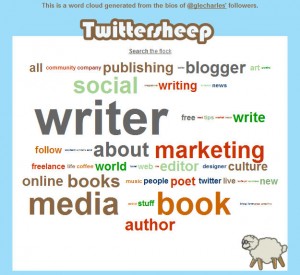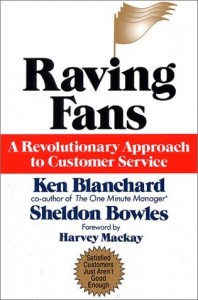Your Entitlement Slip is Showing

Among the most tiresome memes dominating the publishing world right now — memes that I’ve admittedly contributed to at times — the worst are the self-righteous rants about self-publishing, Amazon, and the long-rumored death of print.
There are the writers who think their publishers should be doing more for them while smugly looking down their noses at the writers willing to do it all for themselves; and the passionate-to-a-fault DIYers who feel the need to answer every single ill-considered critique with defensive point-by-point rebuttals.
There’s the indie publishers and bookstores who complain about Amazon’s success while having no real online presence of their own to speak of, nor the good sense to leverage their respective strengths and develop their own niche communities around the two things Amazon will never be able to compete with: content and relationships.
And, of course, there’s the much belabored death of print, an arguably self-inflicted wound that’s far from lethal, unless whining and navel-gazing continue to be the priority.
Blame it on the state of the economy and the debatable bailouts of mismanaged, seemingly undeserving companies and/or homeowners, but underneath it all there is an overwhelming sense of entitlement, a belief that someone — publishers, writers, readers, the Internet itself — owes them something and their current plight is someone else’s fault.
My short response: STFU and GBTW.


 When my CEO sent me a friend request on Facebook last year, I had to rethink how I was using the site.
When my CEO sent me a friend request on Facebook last year, I had to rethink how I was using the site.


